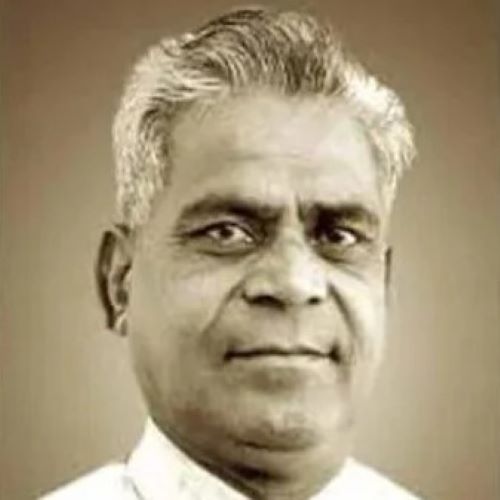Early Life
Jai Narain Vyas was born in the princely state of Jodhpur in 1899. In the early 1920s, he started the Marwar Hitkarni Sabha, a group which fought against both English and non-Jodhpuri administrators. It initially received the support of the Maharaja of Jodhpur, but was banned in 1924 for its anti-royalty stance.
Role in India’s Independence Movement
Undeterred by this first misadventure, Vyas went on to found a series of organisations around which he could centre his political activities. These included the Jodhpur Praja Mandal, the Youth League, and the Marwar Lok Parishad. He found support in neighbouring Ajmer, which was a British enclave among the Princely States of Rajasthan.
Vyas was also an active participant in movements led by the Congress Party. He was imprisoned five times, including for a period of two years from 1942-44 for his involvement in the freedom struggle.
Contribution to Constitution Making
Vyas was elected to the Constituent Assembly from Jodhpur on a Congress party ticket. He intervened in the debates on state autonomy, the rights of former rulers of Princely States, and the drawing of state boundaries.
Later Contributions
Vyas became the Prime Minister of the princely state of Jodhpur in March 1948, although he resigned from the post in April 1949. He continued to be an active member of the Congress party and headed the Rajputana Pradesh Congress Committee until 1949.
Later, he became the Chief Minister of the independent state of Rajasthan, a position that he held twice between 1951 and 1954.
Vyas passed away on 14 March 1963.
- Speaking on the successful integration of the Princely States, Vyas expressed concern that the Centre would exercise excessive control in the affairs of those states that had not yet formed state legislatures.
- He argued in favour of restricting citizenship rights of princes so that they did not unduly interfere in the administration of their erstwhile kingdoms.
- On the matter of state boundaries, he argued against the incorporation of Sirohi into the territory of Bombay rather than Rajasthan.

